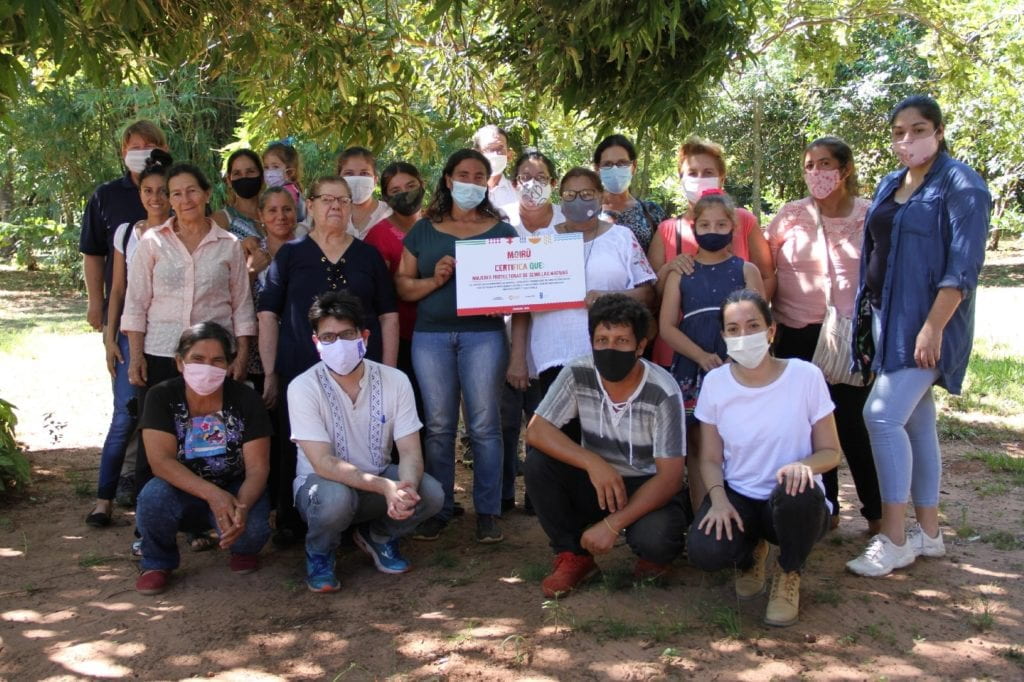Lucas McKinnon /
United Nations Development Program Accelerator Labs /
Asunción, Paraguay /
My name is Lucas McKinnon. I am a second-year MPH candidate with an emphasis on the UN SDGs. Before this, I worked in public health as a food systems specialist in Hawai’i and with indigenous migrant farm workers in California’s Central Valley. I am interested in international food sovereignty movements, indigenous rights, women farmer’s rights, applied agroecology, and preventive public health.
This summer I will work as a research assistant with the UNDP Accelerator Labs in Asuncion, Paraguay. Under the direction of Dr. Setrini, I will aid the solutions mapping team with a number of ongoing social innovation projects related to food sovereignty, women’s rights, and indigenous land rights. This interdisciplinary work implicates a variety of human rights issues, ranging from the right to food, health, land, and unencumbered movement.

I began work for the UNDP this March, composing a number of preliminary blog posts about Moiru, a community social innovation challenge that was initiated during the summer of last year. Moiru (which means “community” in the language Guarani) is a social innovation grant challenge wherein community organizations across the country were asked to apply for funding for projects specifically related to agroecological innovation, women’s empowerment, gender equity, and skill training.
Our work this summer will center on four finalist organizations: Semillas Nativas, Semilla Roga, Mbokaja Poty, and Guerilla Verde. These organizations are all women-led community organizations working to protect indigenous seed varieties, promote agroecological training, and improve food security in their respective regions.

For indigenous communities in Paraguay, the current situation is dire. Many have found themselves having a “double emergency,” struggling to cope with the failure of the government and public health institutions to adequately respond to the pandemic, while fighting to rectify historical legacies of bodily, agribiopolitical, and structural violence perpetrated against indigenous and campesino groups. Our work is situated at this inflection point.
Ultimately, it is my hope that throughout my internship, I will constantly reevaluate my role, skeptical of my function in relation to technological fetishization, NGO-ization, and professionalism replacing potentially liberatory social movements. Although I may not be able to work in-country, I will be supporting tangible change through indigenous-led organizations working from las semillas to la Ley.